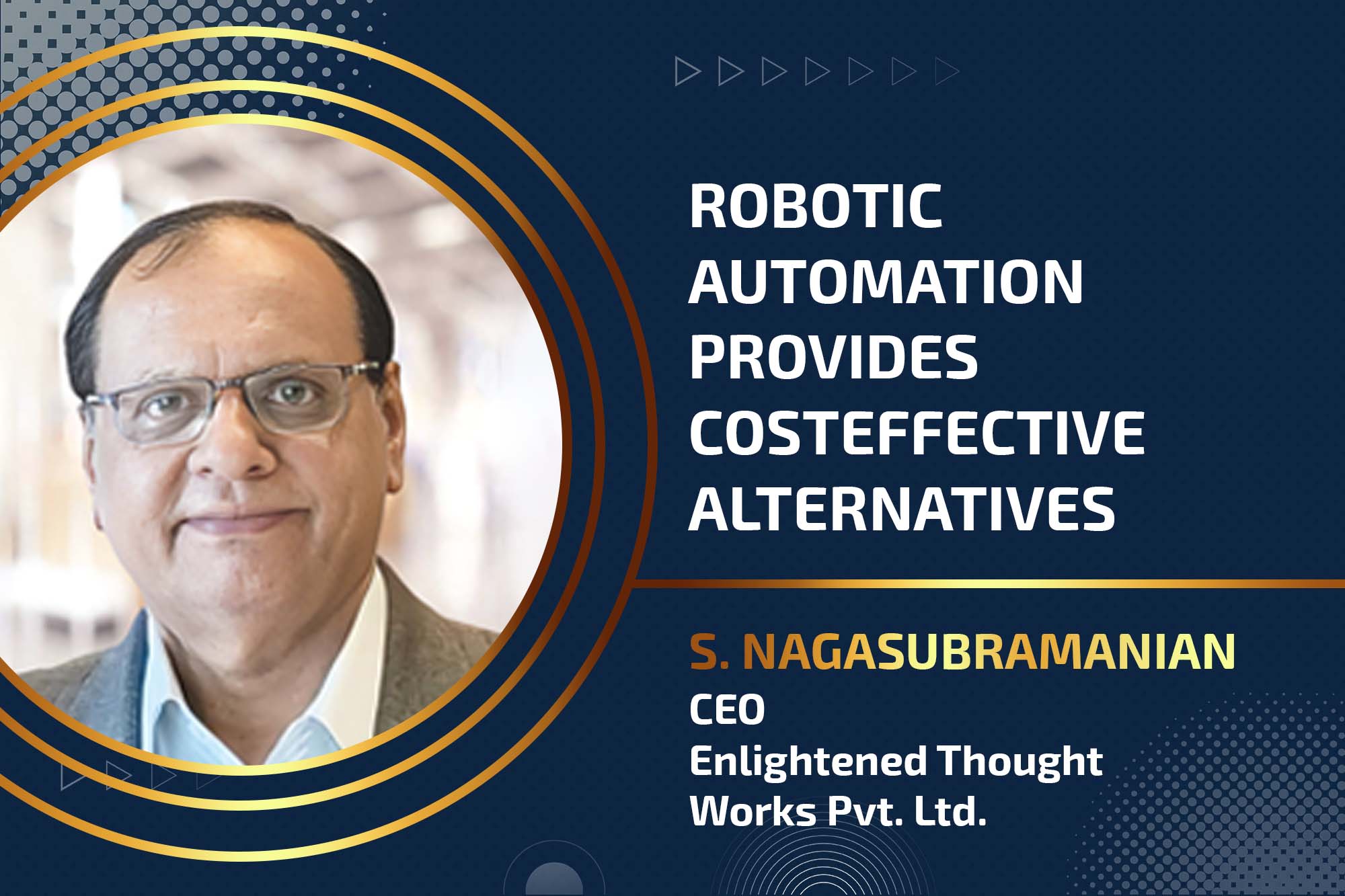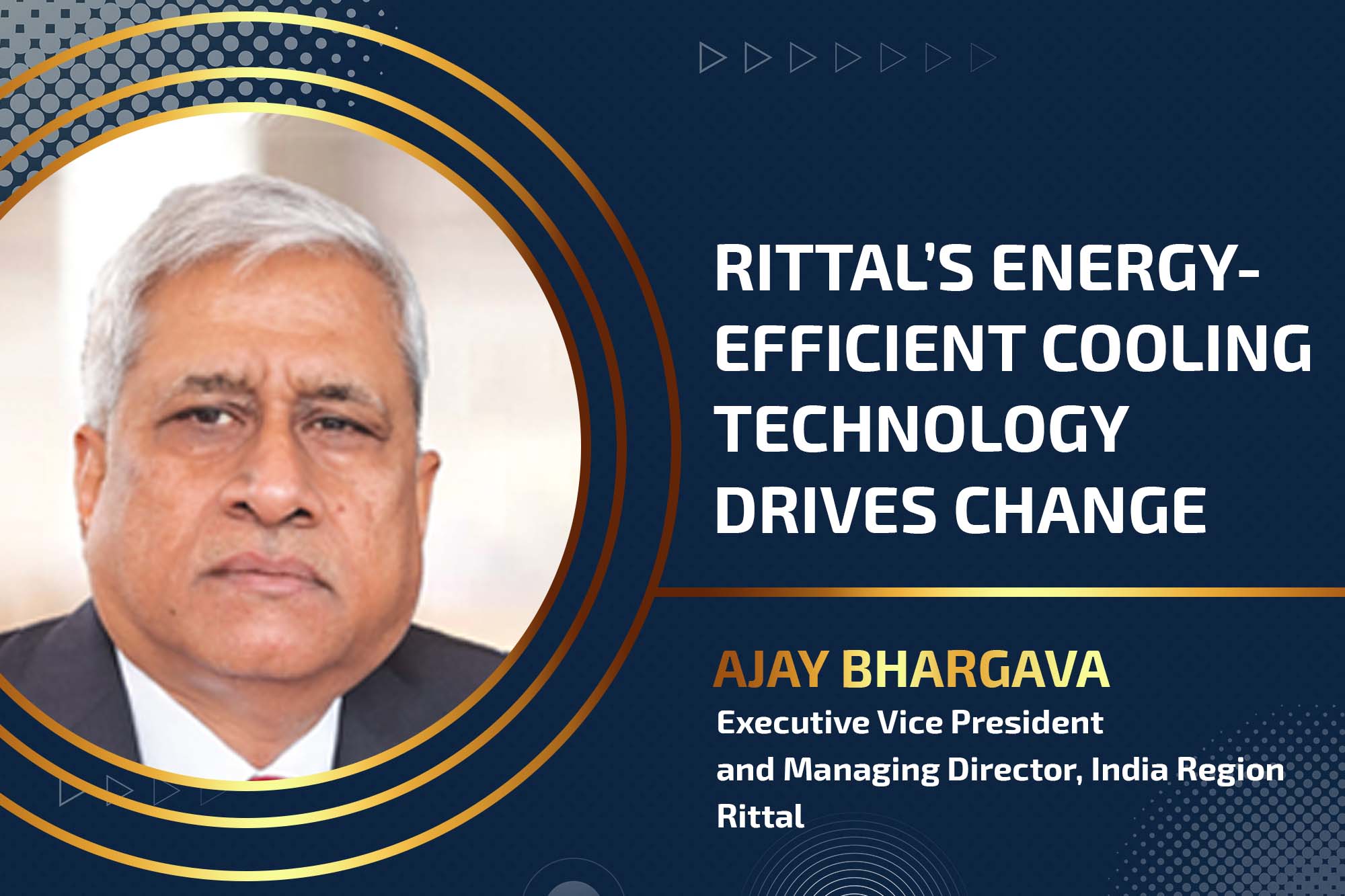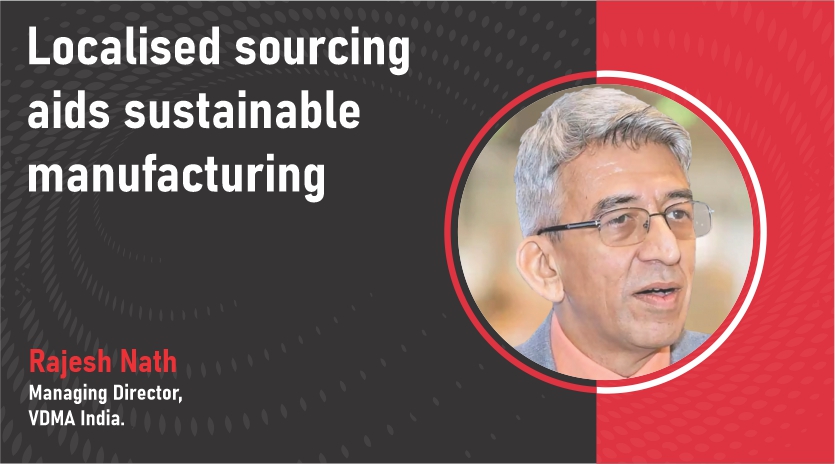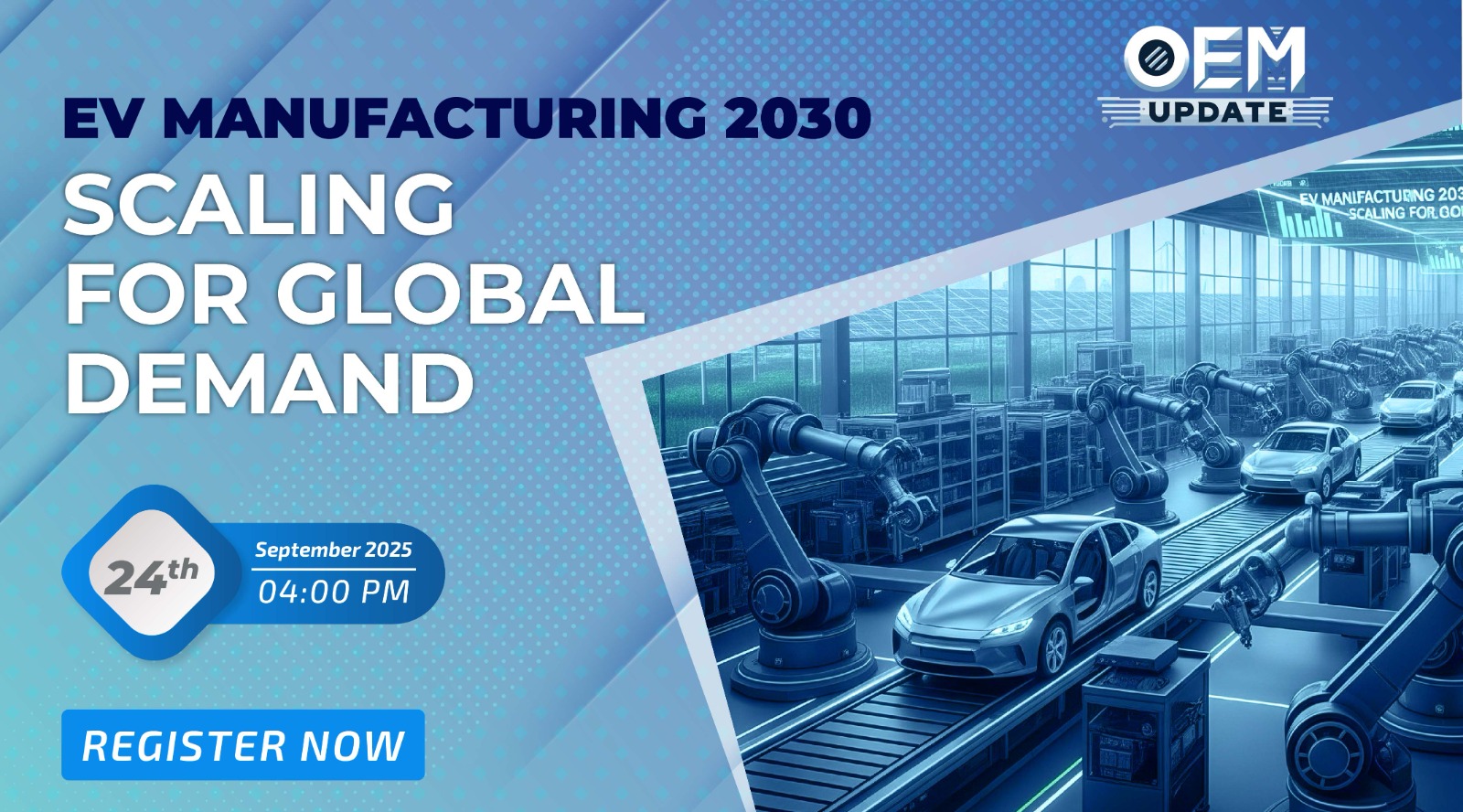Small businesses need to find a full-spectrum automation partners
By OEM Update Editorial November 30, 2021 7:38 pm IST
Inovance is fast tracking functional safety features in all its new product development to ensure use in the latest Industry 5.0 applications.
What is your perception about the automation and robotics market with increasing digitalisation?
As automation and robotics becomes more sophisticated, digitalisation – that is to say, the software that sits inside the automation hardware – becomes a more important part of the package. As AI becomes a reality, this trend will only grow. At Inovance, the global industrial automation company where I work, we take this very seriously, and that is why 20 percent of our total headcount as a company is in R & D, including dedicated teams’ right here in India.
How to evaluate demand for automation, AI and robotics in bridging the technological gap in Indian industries?
If India is going to truly deliver on the ‘Vocal for Local’ and ‘Make in India’ initiatives, then we need to make our manufacturing sector globally competitive. The reason for this is that it is not good enough for Indian manufacturers to sell to India alone; if India is to have a serious manufacturing sector then it needs to export. And that means we need to compete on both cost and quality with manufacturers across Europe, Asia and the Americas. Automation, AI, and robotics will be absolutely crucial to this.
To ensure safety and security what measures will you suggest managing automated industries in manufacturing?
Firstly, you can’t have people working with machinery, if there is a risk of injury. That is why, historically, automation has been in fenced off sections of the factory. This is now changing as new technologies such as cobots which can safely work directly alongside humans grow in popularity. And that is what is driving the Industry 5.0 conversation.
Here at Inovance, we see safety as a top priority. For example, recently Inovance’s Indian sales teams have been making a push to promote our SV660N-FS servo drives which includes STO (safe torque off). Why is STO important! Because it guarantees safe machine stop when the emergency stop is triggered – preventing huge numbers of injuries. We have made a particular effort to bring SV660N-FS to India where we have seen strong interest due to our high safety standards and cost effective solution. At the same time, Inovance will soon release a new servo drive series with advanced functional safety capability, including SS1, SS2, SLS, SOS, SSM, SDI, SBC.
More widely, Inovance is fast tracking functional safety features in all our new product development in order to ensure that our products can be used in the latest Industry 5.0 applications.
How far are Indian SMEs prepared for industry 5.0?India has many micro, small, and medium manufacturing businesses and there is a tendency for them to assume that the latest factory automation technology is expensive and therefore not for them. This is incorrect. They should look carefully at automation technology and they will find that sophisticated solutions are not expensive, and can radically improve their competitiveness. What small businesses need is to find a full-spectrum automation partner who can help them in their digitalisation journey.
Many see technology and digitisation being a key factor in driving the sector’s growth? What is your opinion?
Absolutely. As I said in my answer to the first question, digitalisation is ever more crucial.
To put it simply, automation hardware is relatively mature compared to automation software. Currently, it is automation software that is unlocking many of the new automation advances. Consider warehouse automation using autonomous mobile robots, which is a massive trend in Europe, the USA, and parts of Southeast Asia. Autonomous mobile robots are actually a relatively simple technology – from a hardware perspective. But their capabilities are advancing very fast all the same, and that is because the software that organises the complex logistical operations in an e-commerce warehouse is advancing by leaps and bounds.
Can you share challenges and opportunities in adopting factory automation and robotics for manufacturing units?
Adopting factory automation brings huge opportunities. Automation is repeatable, meaning that quality control and efficiencies can be radically improved. Additionally, automation can be used to improve safety by removing the need for humans to do dangerous jobs. But of course, there are challenges. Automation can be difficult to implement, and making it work requires the assistance of a full-service automation partner (such as Inovance). Automation is also perceived as expensive, but increasingly this is not the case, and these days quite sophisticated automation systems can be installed for relatively low costs, especially if manufacturers calculate RoI in the medium-term.
What future do you see for humans interfacing with machines and robotic displacing physical workers?
Automation may change jobs, but it won’t eliminate them. My view is that it will change jobs for the better, such as by taking over dangerous and/ or monotonous tasks. The real danger to employment would actually come from ‘not’ automating, because those companies that refuse to adopt the latest manufacturing technologies are at risk of becoming uncompetitive, and ultimately will be put out of business by more automated and more efficient peers. It is instructive to consider that Japan and Germany have some of the highest numbers of industrial robots per head of manufacturing worker in the world, and they also have some of the highest numbers of manufacturing workers as a proportion of their population in the world. I would like to see India ultimately work itself into a similar situation.
Cookie Consent
We use cookies to personalize your experience. By continuing to visit this website you agree to our Terms & Conditions, Privacy Policy and Cookie Policy.
















